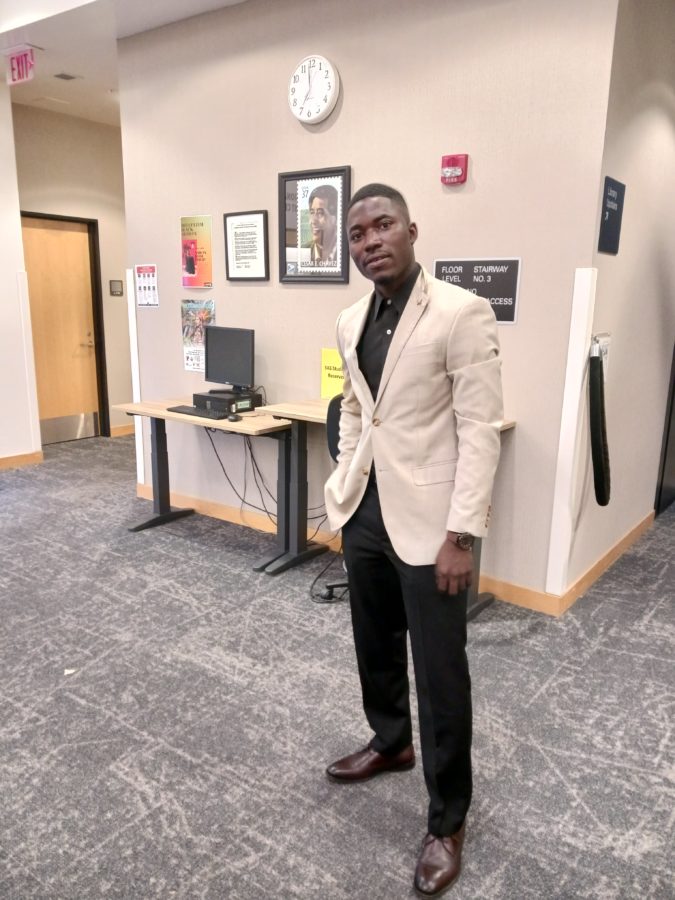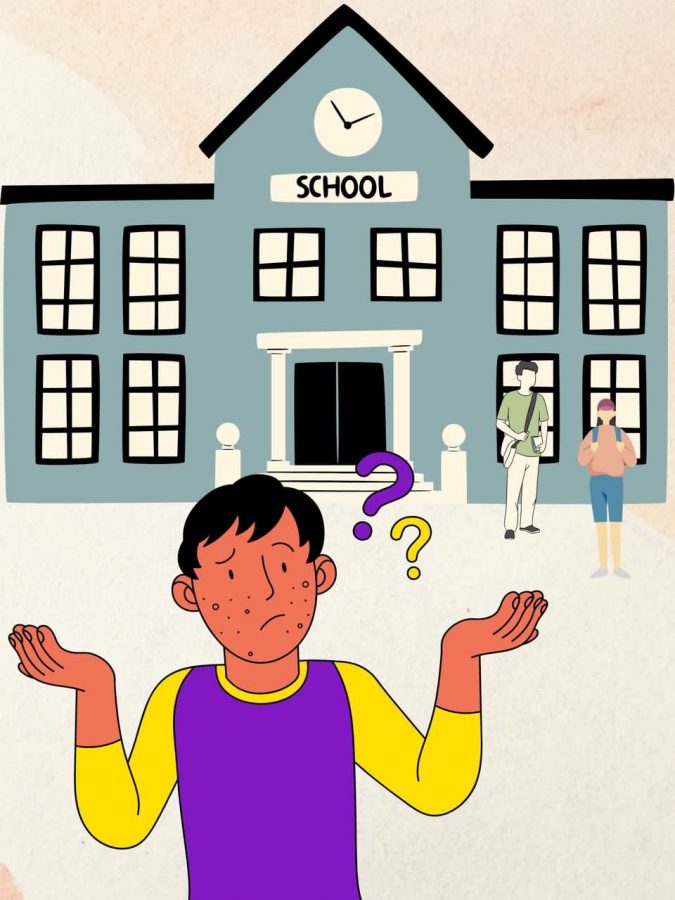
Imagine walking onto a college
campus and being arrested:
You’ve committed no crime,
your grades are good and you
have goals and ambitions that
contribute to the well-being of
the United States.
This is the scenario Deferred
Action for Childhood Arrivals
(DACA) students may face when
Donald Trump takes office as
President of the United States of
America.
DACA students register in order
to legally remain and work in the
U.S. despite their status, but such
a registry would be convenient
for anyone wishing to mass deport
undocumented immigrants;
something Trump promised to do
in his 2016 campaign, something
that appealed to about half of the
voting population.
Students may regret adding
their names to the list, as they
could easily be targeted by the
United States Citizenship and
Immigration Services (USCIS) if
DACA goes away under our next
president.
Some students may wish to register
for DACA before fees go up
Dec. 23 of this year but students
eligible for DACA should delay
to register until Trump’s immigration
policy is in effect and fully
understood.
Judging from the tone of the
2016 election—promises of mass
deportation, support for president-
elect Trump from groups
like the KKK—DACA students
should be cautious.
Historically, when one group is
targeted by a regime it does not
end well. Adolf Hitler blamed
Jewish people for the country’s
problems, which led to the death
of 6 million Jews during the Holocaust.
Trump supporter, Carl Higbie
suggests creating a registry for
Muslim people living in the U.S.
and cites Japanese internment
camps as precedent for national
security measures. The DACA
registry is already there. If Muslims
are to be targeted, undocumented
immigrants should not
feel any safer.
UC Berkeley offers legal support
to DACA students and their
families, warning students that
the Trump administration will
have their personal information
on file and urges them to be “fully
aware of the risks.”
It makes sense to heed the
warning from such an institution
when “economic nationalist” Steven
Bannon is chief strategist to
Trump and videos of white supremacists
celebrating his victory
are circulating the internet. Images
of the Nazi salute and audio
of, “Hail Trump! Hail our [white]
people! Hail our victory!” brings
to mind dark days before the Civil
Rights Movement when ‘strange
fruit’ hung from trees.
We do not yet know the scope
of future immigration policy,
but the writing is on the wall for
those who can read it. On c e
a student is in the DACA registry,
their entire family could become
targets of mass deportation
enforcement, similarly, students
who reveal their undocumented
status on social media, at a public
event, or even privately could be
subject to investigation and deportation
if DACA goes away.
Lara Ibarra, a 2016 valedictorian,
revealed her status on Twitter
and strangers reported her to
USCIS. Without the protection of
DACA, Ibarra could have been
subject to arrest and deportation.
Uncertainty about the future of
immigration legislation means
students should delay DACA applications.
Campaign promises
to crack down on immigration,
white supremacists that support
Donald Trump, and historical
patterns of what happens when
one group of people is targeted by
the government imply a dark time
ahead for undocumented students
who have made their lives here
and have committed to working
and contributing to the American
economy and culture.






